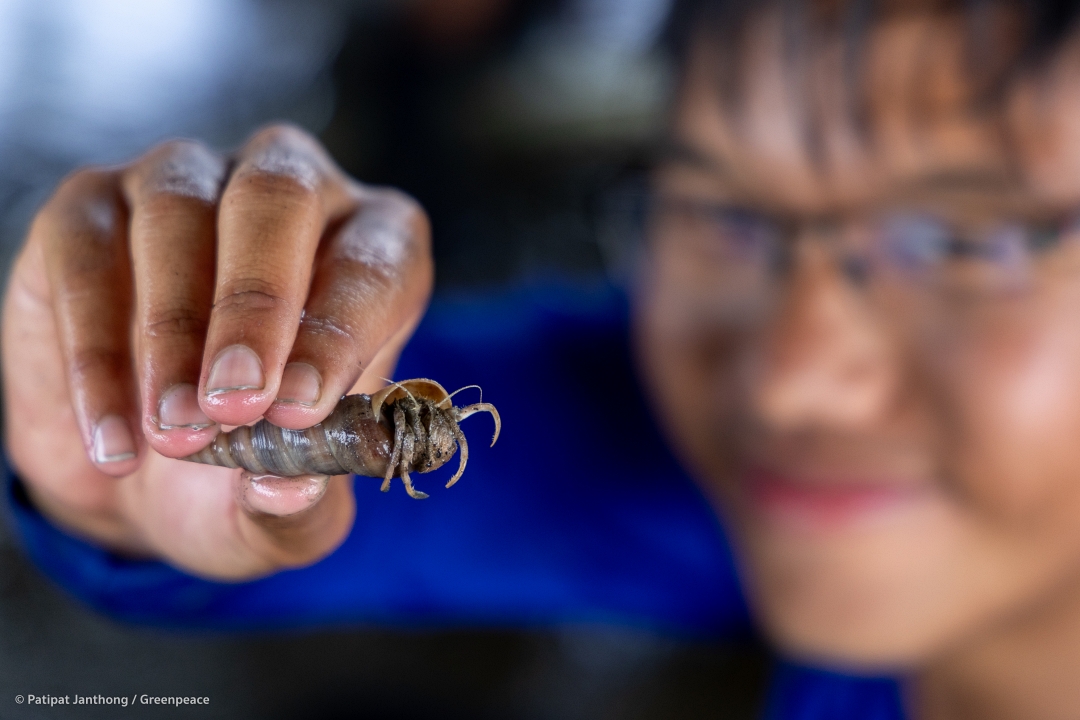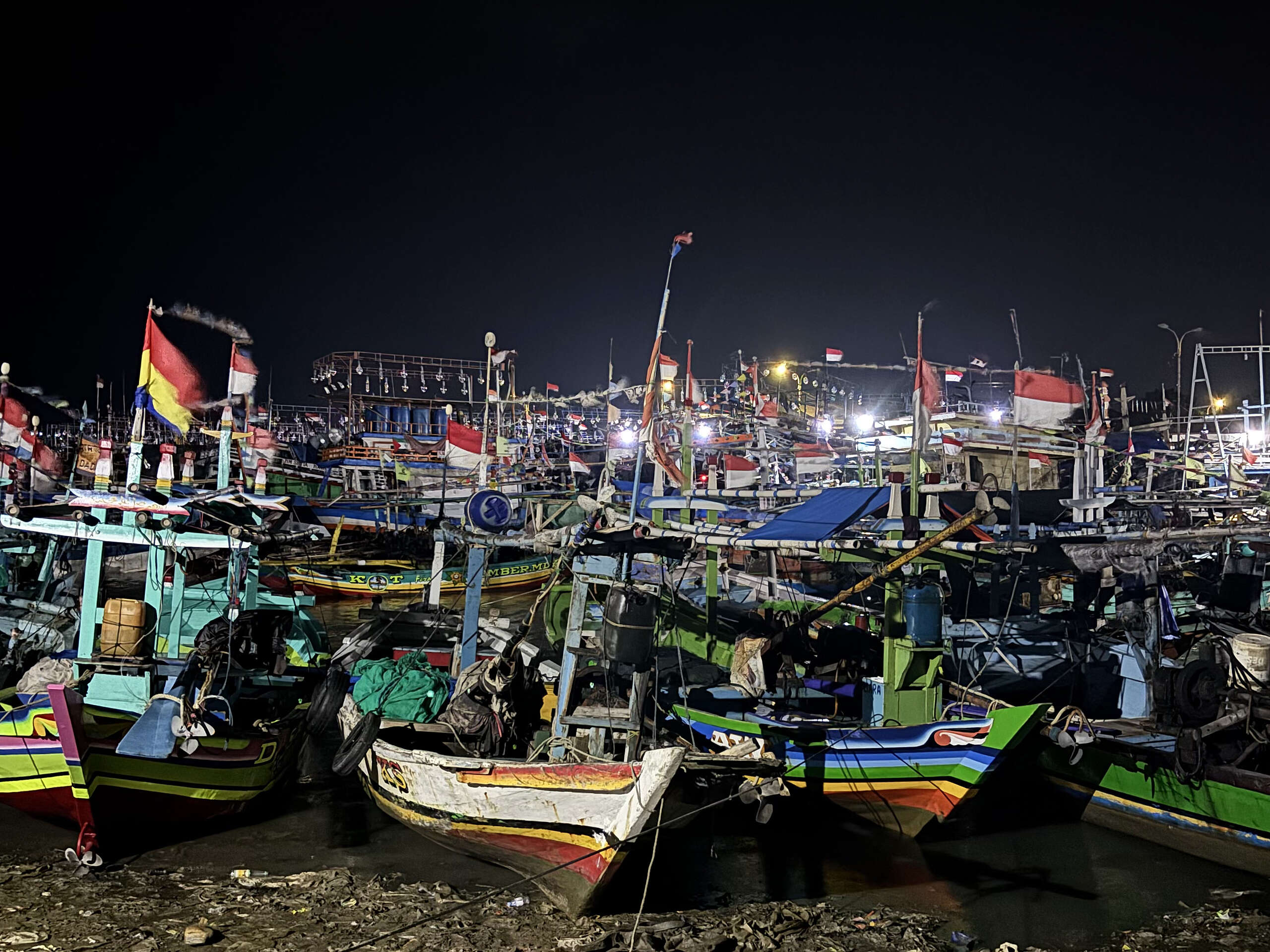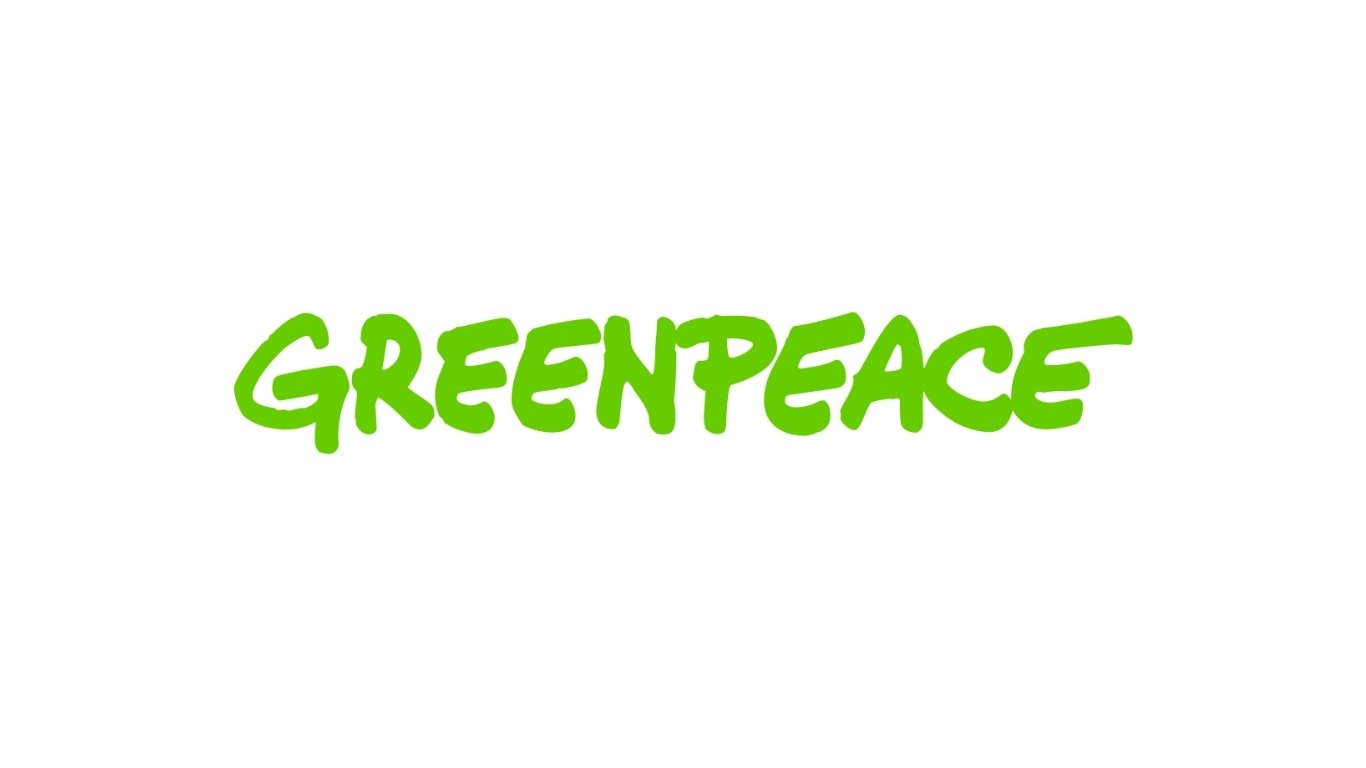Out on the open ocean, much of the fishing world still operates in the shadows as a result of the lack of transparency and observership in global fisheries. A vessel may appear on the horizon with a bright coat of paint and a familiar name, yet no one can say with certainty who owns it, who benefits from its operation, where it has been, or what its crew has endured. Information that should be simple, such as where fish were caught or whether the crew worked in safe conditions, often disappears into complex chains of paperwork or is never recorded at all.
At sea, fishing vessels meet far from any coastline to move fish from one deck to another, unseen and unreported. By the time the catch reaches a dinner plate, its story is lost, along with any chance to hold wrongdoers accountable. A report by the Environmental Justice Foundation shows that this lack of transparency allows illegal practices that harm the ocean and labour abuses to persist.
In light of World Fisheries Day, which falls every November 21, it is important to once again remember that labour justice is an integral dimension of transparency in global fisheries. And to remember that responsible governance must address both environmental and human rights concerns, above profits.
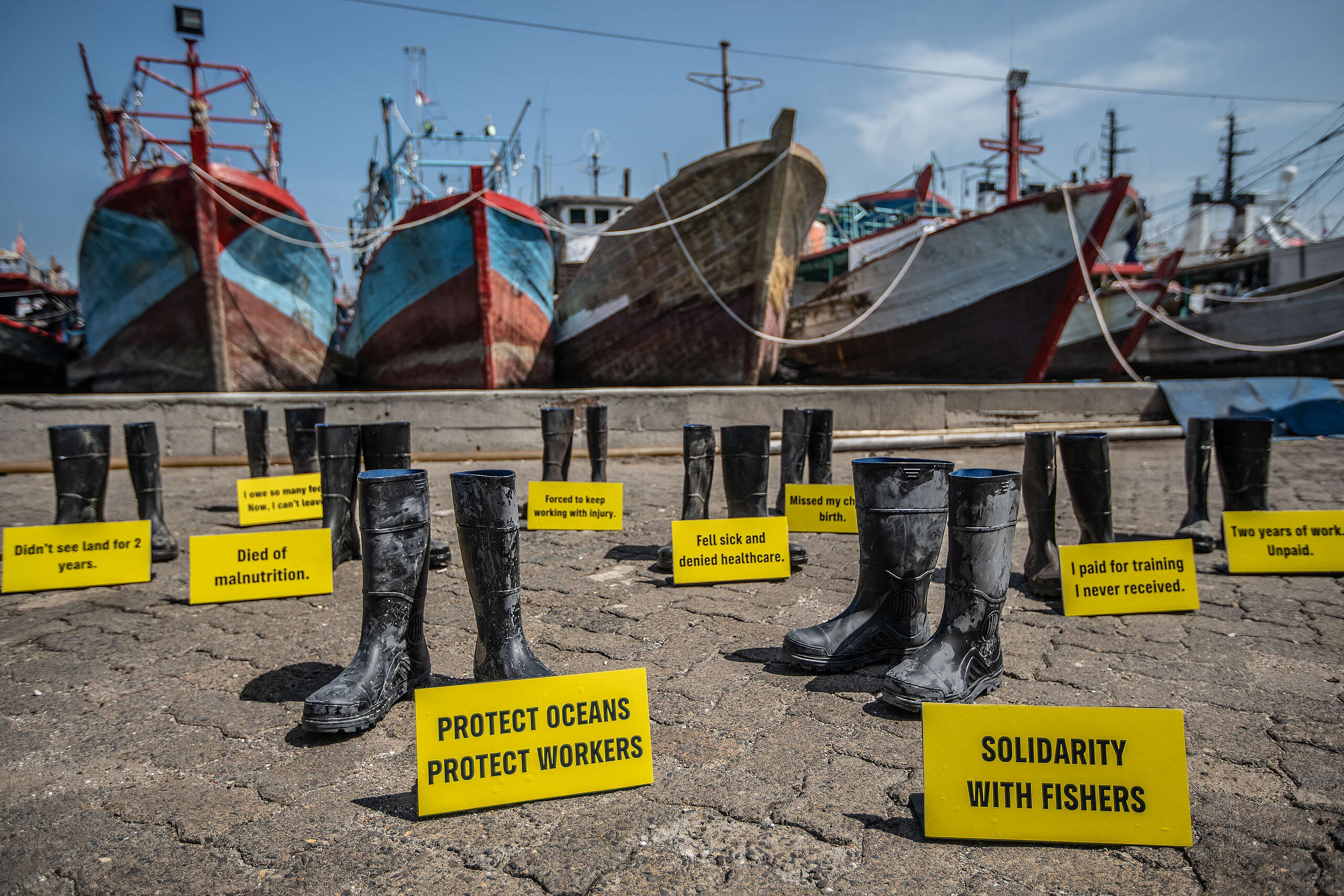
Global Charter for Fisheries Transparency
That’s why Greenpeace Southeast Asia hosted a webinar that placed fisheries transparency at the centre of the conversation. Featuring insightful contributions from the Environmental Justice Foundation (EJF), OCEANA Philippines and the Union of Indonesian Migrant Workers (Serikat Buruh Migran Indonesia or SBMI), the event aimed to highlight the growing importance of fisheries transparency for countries in the global south. Advocates from across Southeast Asia also participated.
In Thailand, Nattawut Kasem from EJF described how a fisher’s life can unfold far, far away from the public eye. Interviews by EJF with 117 fishers on 50 vessels in 2024 to 2025 exposed a troubling reality of physical abuse, relentless verbal harassment, and exhausting work hours. These experiences persist because the systems that should bring them to light remain dim.
Across the sea in the Philippines, Jessie Floren, a GIS Specialist in Oceana Philippines showed how OCEANA’s Karagatan Patrol grew from a small online reporting group into a platform that uses satellites and data visualization to expose illegal fishing hotspots in near real time. Its impact reveals what fisheries transparency can unlock.
When the discussion turned to the Global Charter for Fisheries Transparency, the conversation sharpened. The Charter’s principles were presented not only as guidance for data openness but as a unifying framework that can link ecological accountability with human rights.
This connection became clear when Novia Kirana from the SBMI highlighted how Indonesian civil society has begun using the Charter as a labour justice tool, especially to reveal recruitment risks and opaque ownership structures that allow abuse to persist in distant water fleets.
As the webinar closed, a shared understanding emerged. Transparency is more than a regulatory instrument. It is a story that coastal communities, fishers, and governments must write together if justice, sustainability, and dignity at sea are to become reality.
Bali Declaration
In early November 2025, Greenpeace stood alongside international delegates from over 40 countries to sign a global commitment to decent work for all fishers in the Fishing Industry’s Safety and Health (FISH) Platform Conference 2025.
Referred to as the “Bali Declaration”, each signature on the declaration represents a commitment to support decent work, and health & safety in the fishing industry. Here are some of the key mechanisms it outlines:
- Universal Protection – Stakeholders commit to extending safety, health, and legal protections to all fishers, including migrants and those operating on foreign-flagged or small-scale vessels.
- International Standards – The Declaration reaffirms the urgent need to implement and enforce international conventions such as the ILO C188, Cape Town Agreement, and the FAO Code of Conduct for Responsible Fisheries—areas where progress has lagged despite global consensus.
- Decent Work & Living Conditions – Signatories pledge to advocate for fair wages, safe workplaces, access to health care, rest, and protection from exploitation or forced labour for fishers worldwide.
- Inclusive Governance – Fishers and their communities will be empowered in policy design and implementation, ensuring reforms are rooted in the realities of those at sea.
- Transparency & Accountability – The Declaration calls for improved data collection and open reporting on fishing safety and labour practices.
The signing of the declaration fits perfectly within Indonesia’s plan to improve labour rights, both on land and sea. During May Day 2025, the President pledged before thousands of trade union members to raise labour standards and secure fishers’ rights through the ratification of ILO C-188. This commitment was later reaffirmed by the Minister of Manpower, Yassierli, and the Minister of Marine Affairs and Fisheries, Sakti Wahyu Trenggono, who emphasised the importance of stronger labour protections on Indonesian vessels. With these assurances in place, Indonesia cannot afford to allow past patterns of labour exploitation to occur again.
The FISH Platform itself is a forum for industry leaders, unions, civil society organizations, and government officials to collaborate in improving the health and safety of fishers worldwide. This year’s topic focused more on promoting fishers’ safety and well-being.
The declaration signed in Indonesia will soon travel beyond its shores through the FISH Platform, which will carry it into regional and even global discussions and dialogues. The aim is to invite neighbouring countries to join the commitment, turning a regional promise into a shared global movement for fair and transparent fisheries.
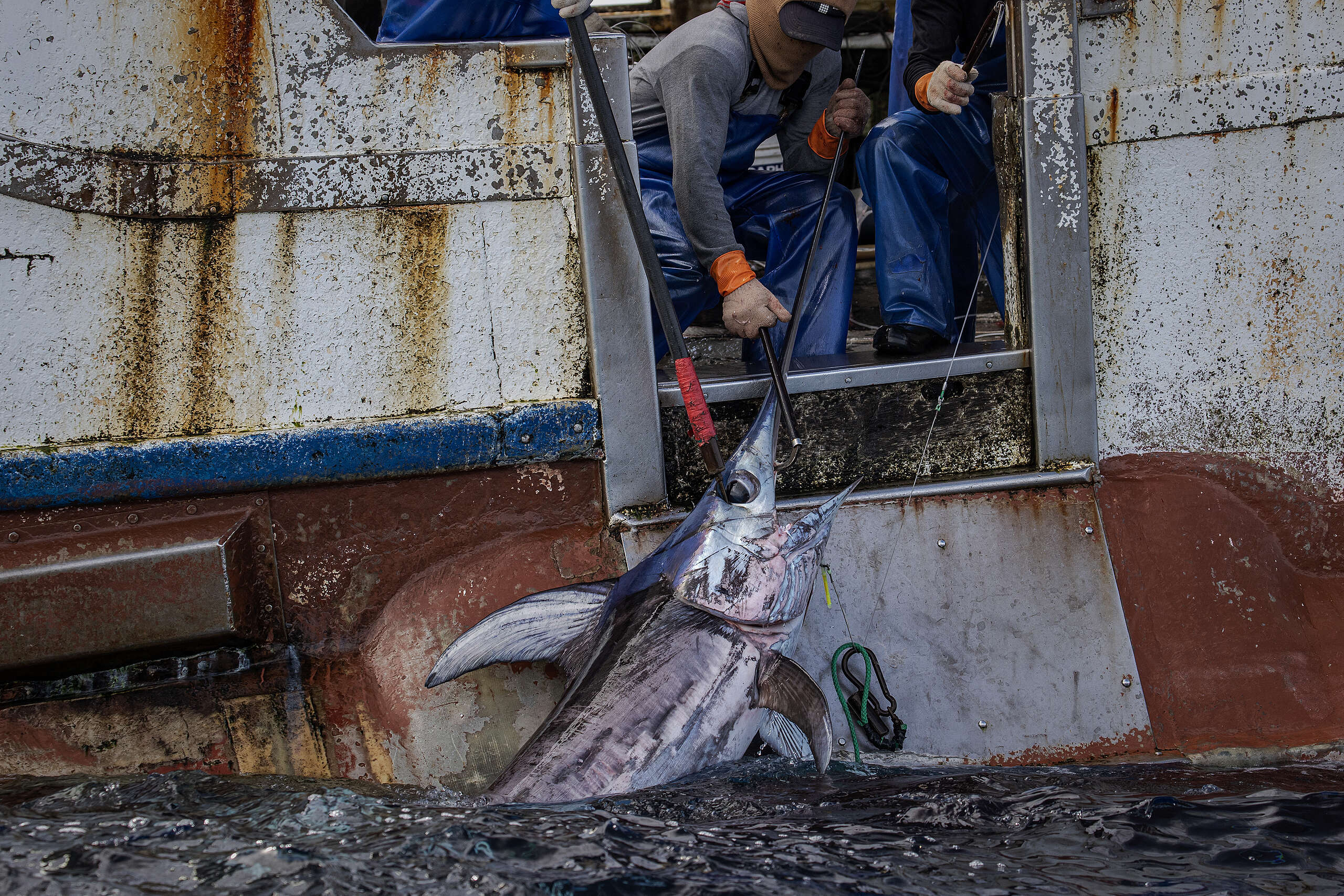
Every drop makes the ocean
Over the years, the world has crafted more than enough agreements, declarations, and guidelines promising safety and dignity for the people who work at sea. On paper, the path is clear. Yet out on the water, too many fishers still face the same dangers and injustices their predecessors endured.
The gap is not a lack of knowledge but the will to turn those commitments into real change. Each new document is like a lighthouse built on the shore. Its light is strong, but it only matters if someone is steering the ship toward it.
And this is why the next chapter cannot be written by governments alone. Every stakeholder, from coastal communities to industry leaders, from researchers to regulators, must take hold of the wheel. The future of fishers and the ocean they depend on is a shared story, one that no single actor can shape on their own.
When we choose to act together, the promises on paper can finally become the reality lived by workers at sea. For every day we delay, more and more of the fishers who can least afford it, end up shouldering the cost. Transparency in global fisheries is possible and the future of our oceans beckons it to become reality.
Sihar Silalahi is Oceans Campaigner and M. S. C. Gemilang is Policy & Advocacy Officer in Greenpeace Indonesia.

